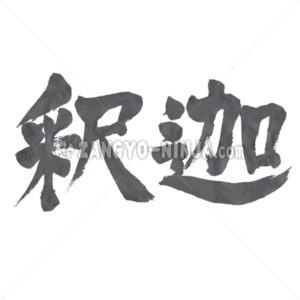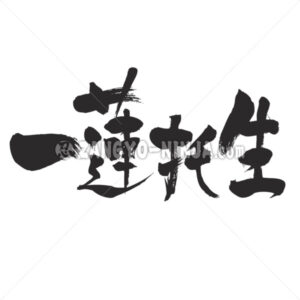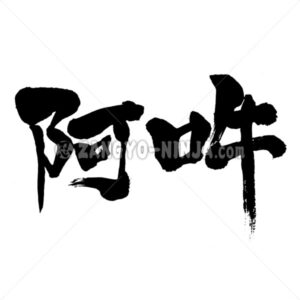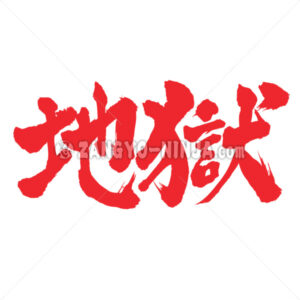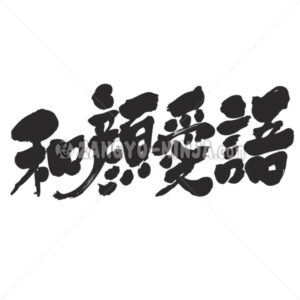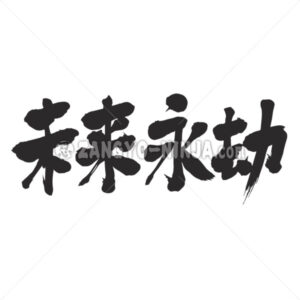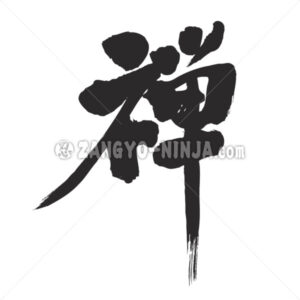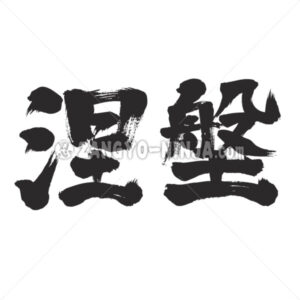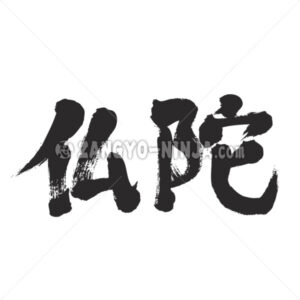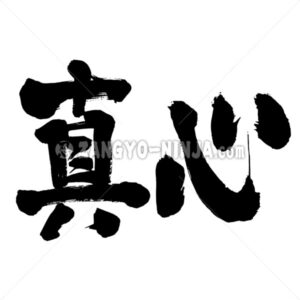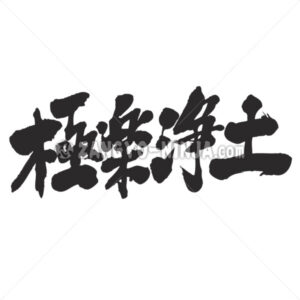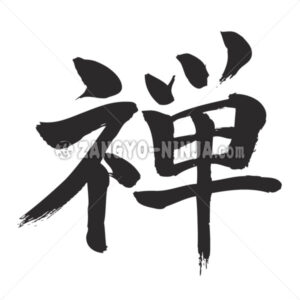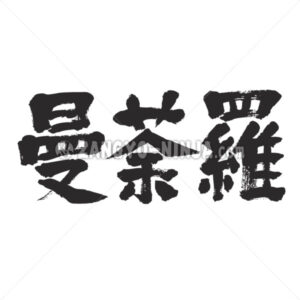
Mandala, which is said to have originated in ancient India, is said to have spread to Central Asia, China, the Korean Peninsula, and Japan, and there are various types. In Japan, it is often treated as a principal image in the form of a hanging scroll. There are many different ways of expression. Mandala … Read More
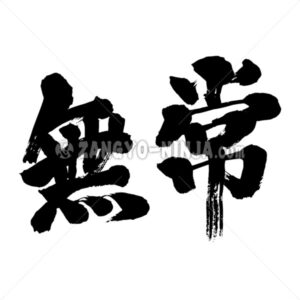
Buddhist language. Everything has changed, and it is not a permanent residence. Everything in this world changes quickly and does not stay in the same state for a while. Especially the ephemeral nature of life. Don’t know when you will die. Japanese says “Mu Jou”.
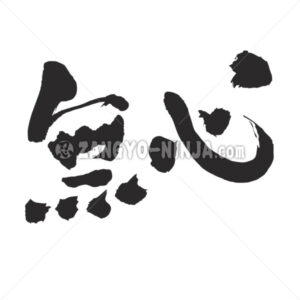
1. Be innocent. 2. There is no work of will and feelings. 3. Buddhist term 4. Waka / Renka with the aim of humor and obscene expression. 5. Lack of thought. Don’t be clever. 6. There is no heart to understand the emotion. 7. Don’t be considerate. Japan call “Mu shin”.
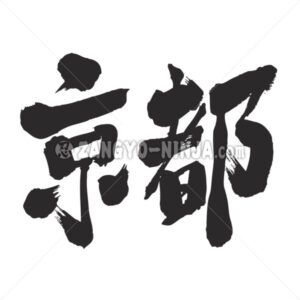
It is one of the cities in Japan. It is also known as the capital or Kyoto, and historically it was the capital city of Heiankyo, which was designated as the capital of Japan in 794, and at that time it was the center of Japanese politics and culture. The city leaves a grid-like … Read More


